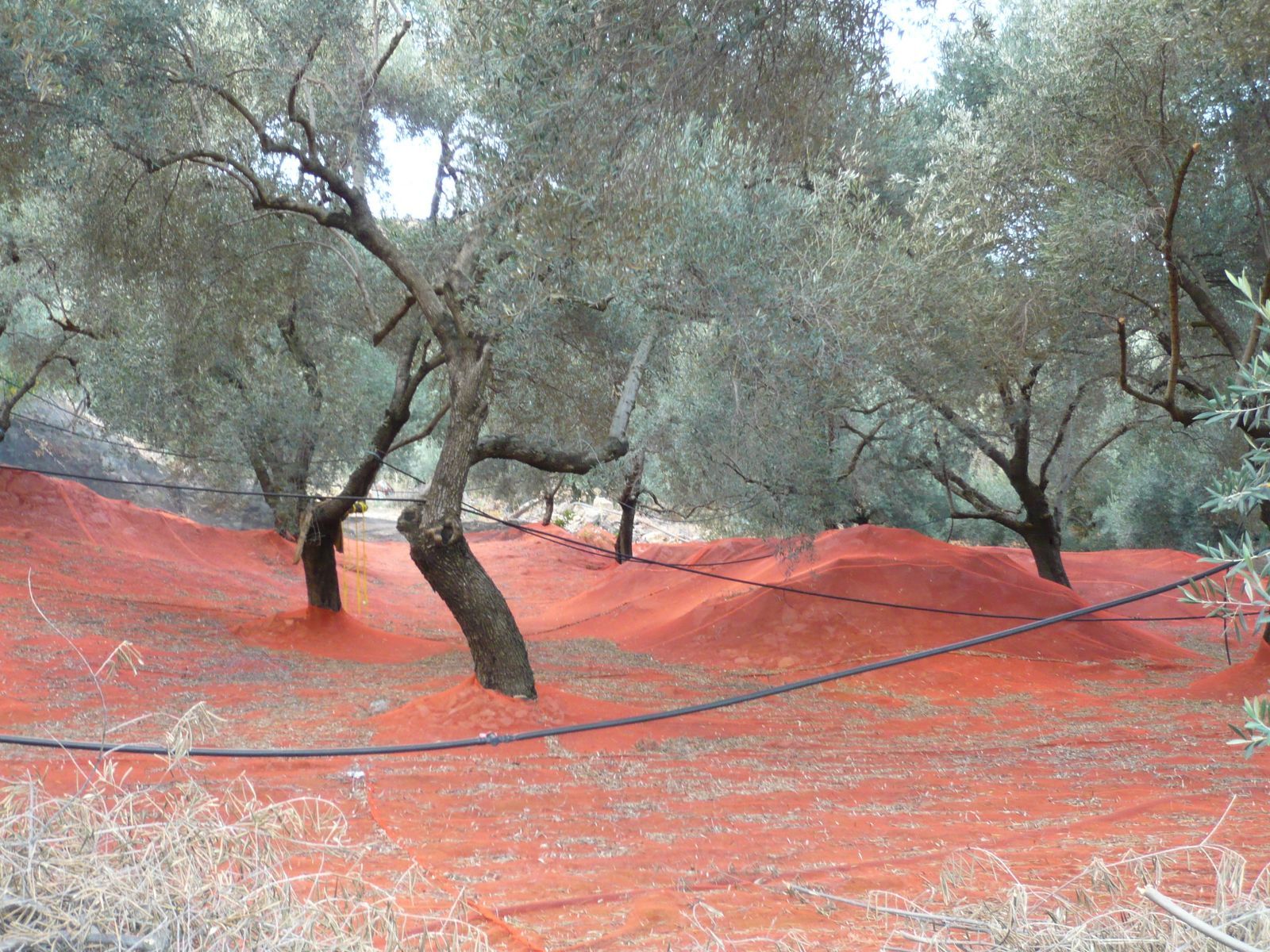a shift in branded luxury resort hospitality

After my recent publication in October about emerging hospitality trends, this week's announcement of Rosewood's new Crete resort underlines my prediction of property reuse follows social trends.
The first Rosewood property and resort in Greece will open its doors in 2025 after the architectural transformation of theBlue Palace (under the lead of K-Studio), which had until recently been managed under Marriott's "The Luxury Collection'' brand (owned by Phaea). Rosewood plans to put a visionary brand positioning in place that can be summarized as „luxury meets sustainability“. A positioning that is very much in sync with dominating social trends like neo-ecology, localisation, individualisation, and health. So we will not only see a renovation and a brand change taking place, we will also notice an identity change with a huge bet on a different kind of resort vacation, targeting – from my perspective - even more wealthy high-net-worth individuals (HNWI). A close to similar shift can currently be noticed at the renowned "Schloss Fuschl" property, close to Salzburg/Austria, which will also re-open as a Rosewood resort hotel(opening is planned for 2024).

Changing the identity of a property always goes along with a major shift of the hotel‘s ecosystem. By this I mean the change for guests, with a risk of losing a significant part of the client base (because of different loyalty programs), the change for the staff (facing a different organisation structure, different processes and a different culture), and finally the change of suppliers. This whole transformation needs time to reach a new balance in the ecosystem. In addition, the investment cannot be underestimated in times of talent shortage, inflation and growing interest rates. To manage the renovation work, to cover a non-revenue generating season and last but not least, to include a professionally managed transition is a huge endeavor. I am sure this is already on the agenda of the respective parties as you cannot afford to position a hotel in a more sustainable way without managing the transformation accordingly.

We can all speculate about the reason(s) for this brand change, but surely it is to some extent asset management-driven (maybe because of overdue renovation work) and to some other extent a clear bet on the future, where Rosewood's approach to luxury resort vacation seems to pay off better over time. As mentioned earlier, following social trends and by focusing on the changing needs of targeted personas in combination with a strong brand, a kind of insurance on the demand side exists. In addition, luxury products and services normally perform well in challenging economic environments. But multiple economic and geopolitical challenges happening at the same time - like today - can have a negative impact on the future outlook of the luxury market as seen in a slower reported growth of the luxury retailer LVMH in mid-October 2023. It will be a very interesting development to observe in the next few years. But let's wish Rosewood, K-Studio and Phaea a lucky hand with this brave and visionary investment, in which they hopefully include a lot of resilience.
If you want to learn more about how to initiate transformational change, how to manage ecosystems in hospitality and how to add resilience to business models, please reach out to the author (info@viable.design).
share